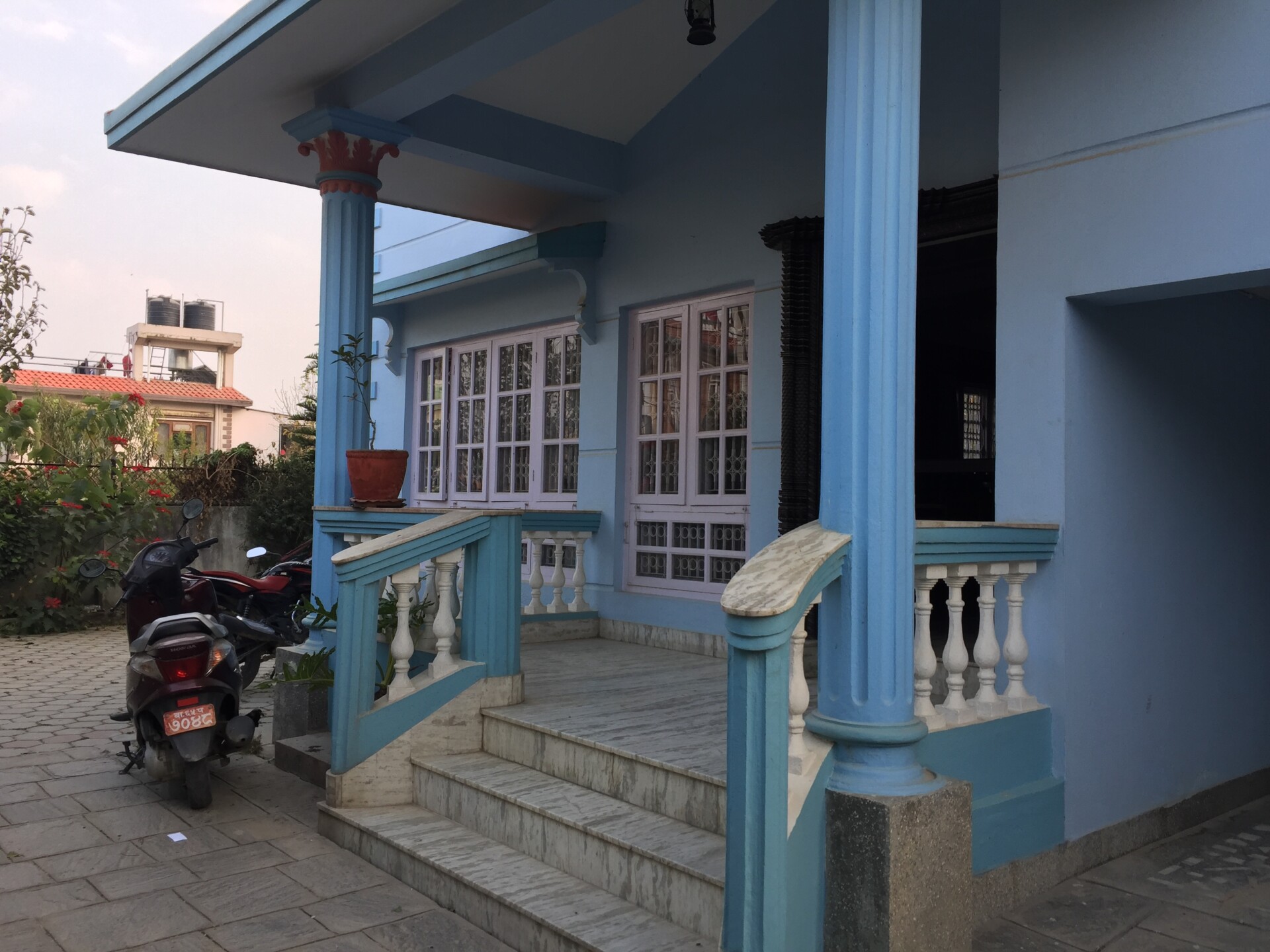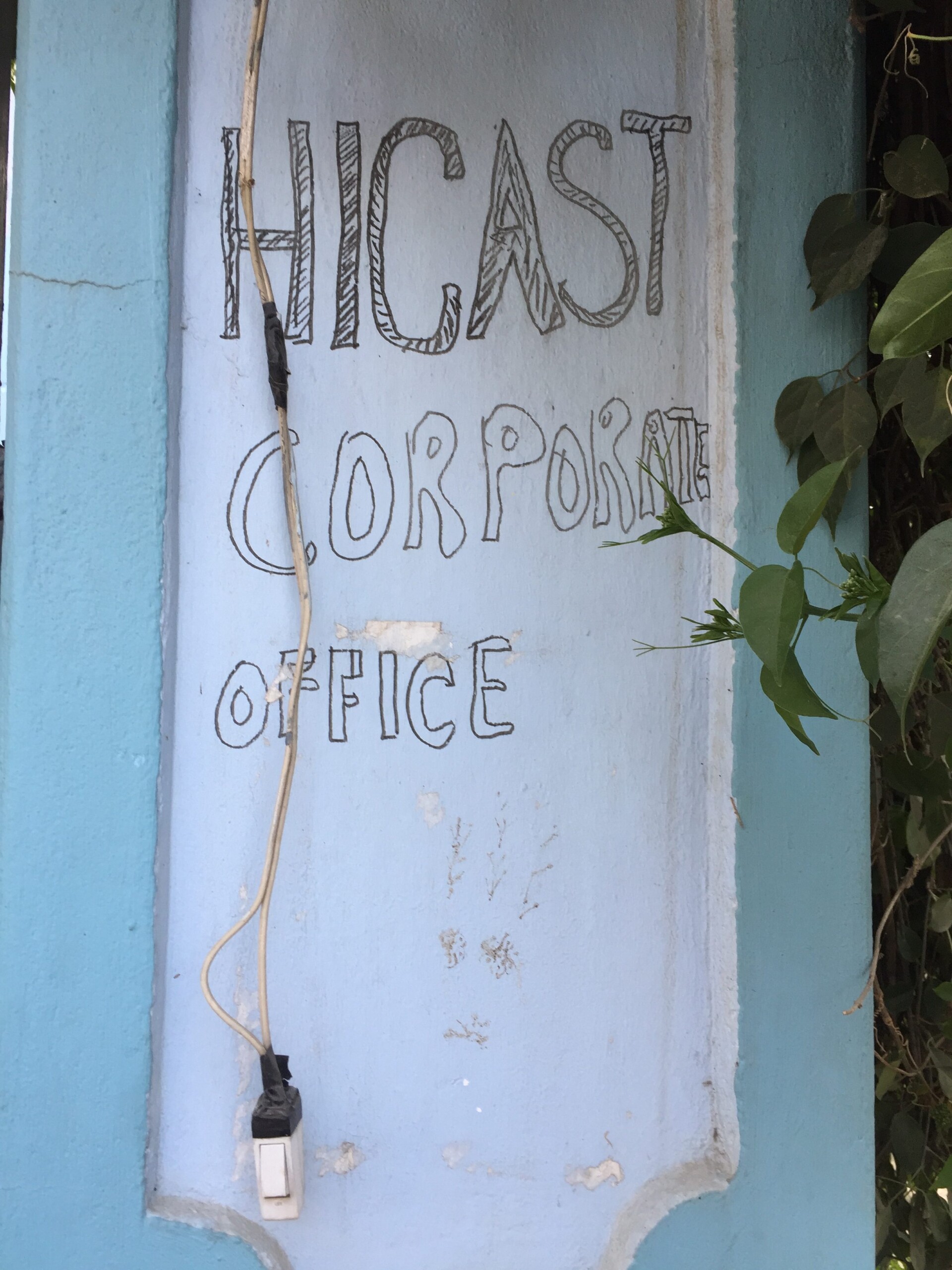
Testimonial
Making a difference or learning to be different?
Now that I’ve made it through my first week in Nepal, complete with jet lag and respiratory infection (maybe it was just a cold, but it felt way worse than that), I am starting to settle in to my new Nepali lifestyle – as short as it may be. I have found my groove at work and am starting to feel like I am fitting in and even doing something helpful.
My mandate here is as an effective writing advisor at the Himalayan College of Agricultural Science and Technology (HICAST). This school of 600 students provides undergraduate and graduate degrees in agricultural and veterinary studies. I am here to provide workshops on academic writing styles and to act as an editor for the scientific journals they produce every year.


HICAST Corportate Office. The school is currently building a new campus so the administrators work out of this office instread of the school.
I was quite nervous to start this mandate. Sure, I started out as a biology major, but my career has veered off slightly since then. I walked into my first day of work hoping my skills of “winging it” would pay off for me once more.
Thankfully, I haven’t had to use them quite yet. Thanks to my experience working under a deadline, past memories of writing my own papers, and some of my amazing colleagues back home, I was able to create a workshop to present to students and faculty. Based on the feedback I received from faculty and students, I am also working on some documents and templates that will help students and faculty better understand the complex rules of academic writing.
Now that the hard part of presenting is over, I get to do the fun stuff: editing (that’s not sarcasm. Those who know me well will tell you that I love editing other people’s work). Right now I’m currently editing the Nepalese Journal of Agricultural Science, an annual academic journal produced by the college. The journal is filled with primary research on all sorts of things from pests eating local crops to feed management techniques on livestock. I’m really expanding my knowledge base with this assignment!

A thali set. The rice and daal bhaat (green lentil soup on the right) is what I eat for lunch every day. The thali set comes with a few more sides than we get at lunchtime.
Copy editing is a pretty solitary task, but I do get to spend some time with my fellow colleagues over lunch. We eat our daal bhaat (lentil soup served over rice) together every day at about 11:30 a.m., which is a very early lunch for me, especially when we don’t start work until 10:00 a.m., but Nepalis typically only eat two meals a day, lunch and supper. Needless to say by 11:30 a.m. they are pretty hungry! I don’t have much to add to the conversation over the lunch table, but it’s nice being able to spend some time with my colleagues, watching and learning some typical Nepali customs. I have yet to master eating with my hands and am still using a spoon, but maybe I’ll be brave enough to give it a try before I go home.
One of my favourite parts of my day is talking to the didi who works at my school. Didi means “auntie” in Nepalese and is what you call women who are older than you or are the cleaners in your home or work. My didi is so wonderful and kind and an amazing cook. She speaks almost no English, but we still try to communicate with each other as much as we can. So far, we can talk about tea (she brings me tea twice a day), when lunch is ready and if I’m married. She comes to sit in my office with me at least once or twice a day and we just enjoy each other’s company.
Overall I would have to say my time working here has so far been very rewarding. I like to think that I am making a difference while I am here, but I have come to realize that this experience is making just as much of a difference on me and are changing my way of thinking about the world in a very positive way.
